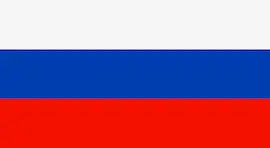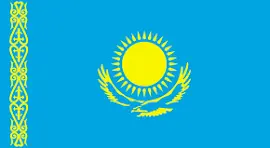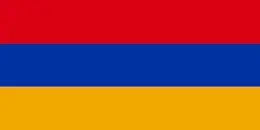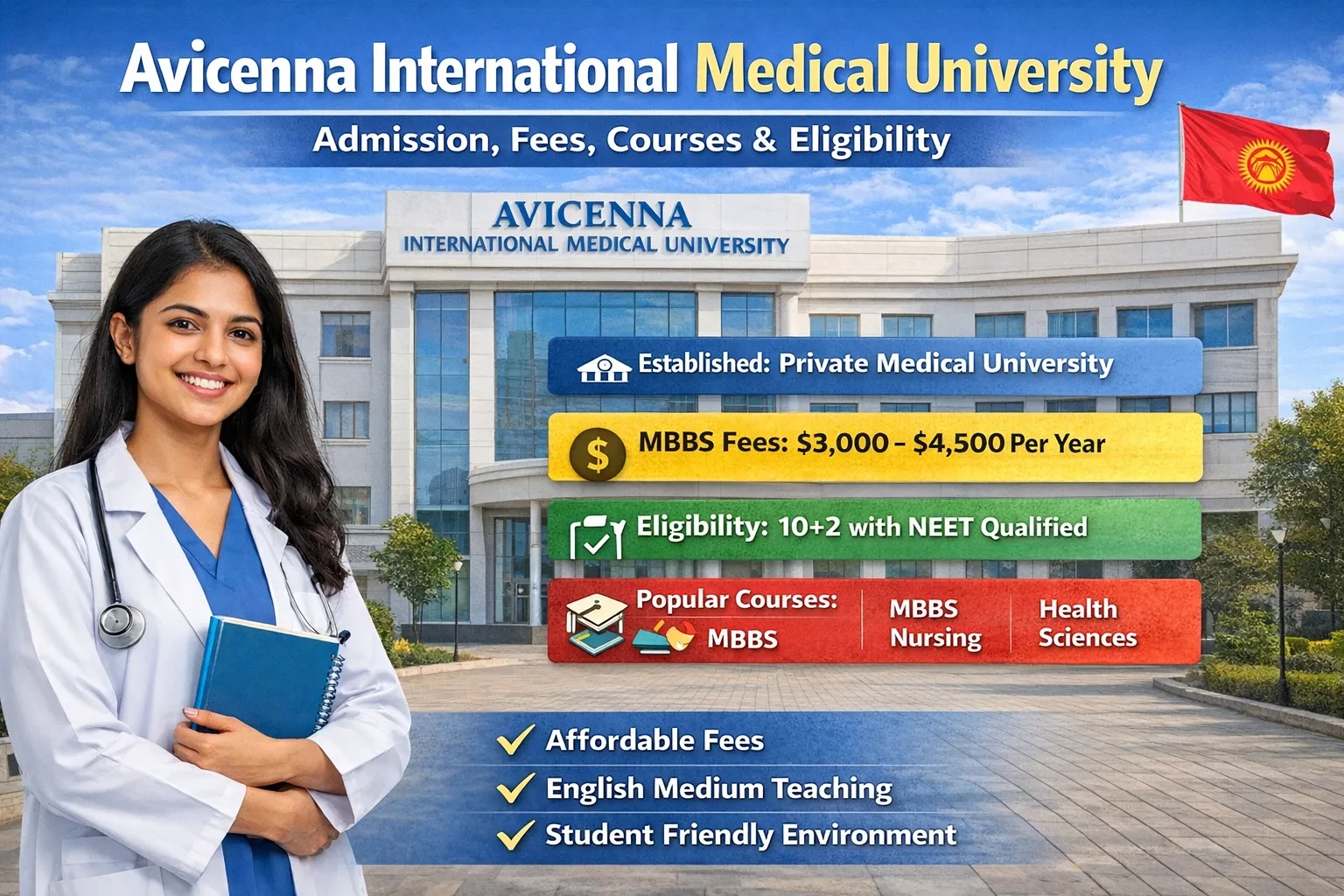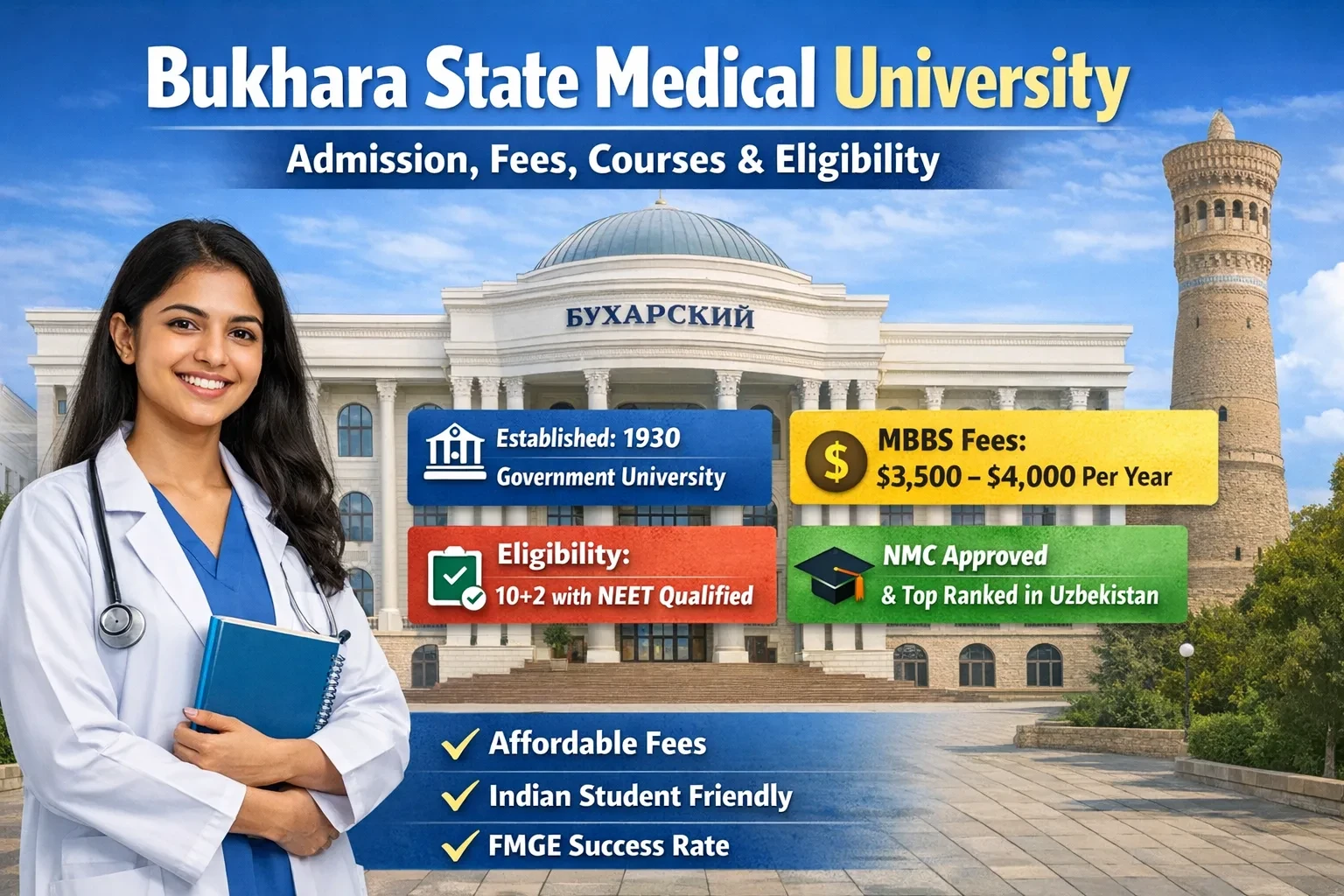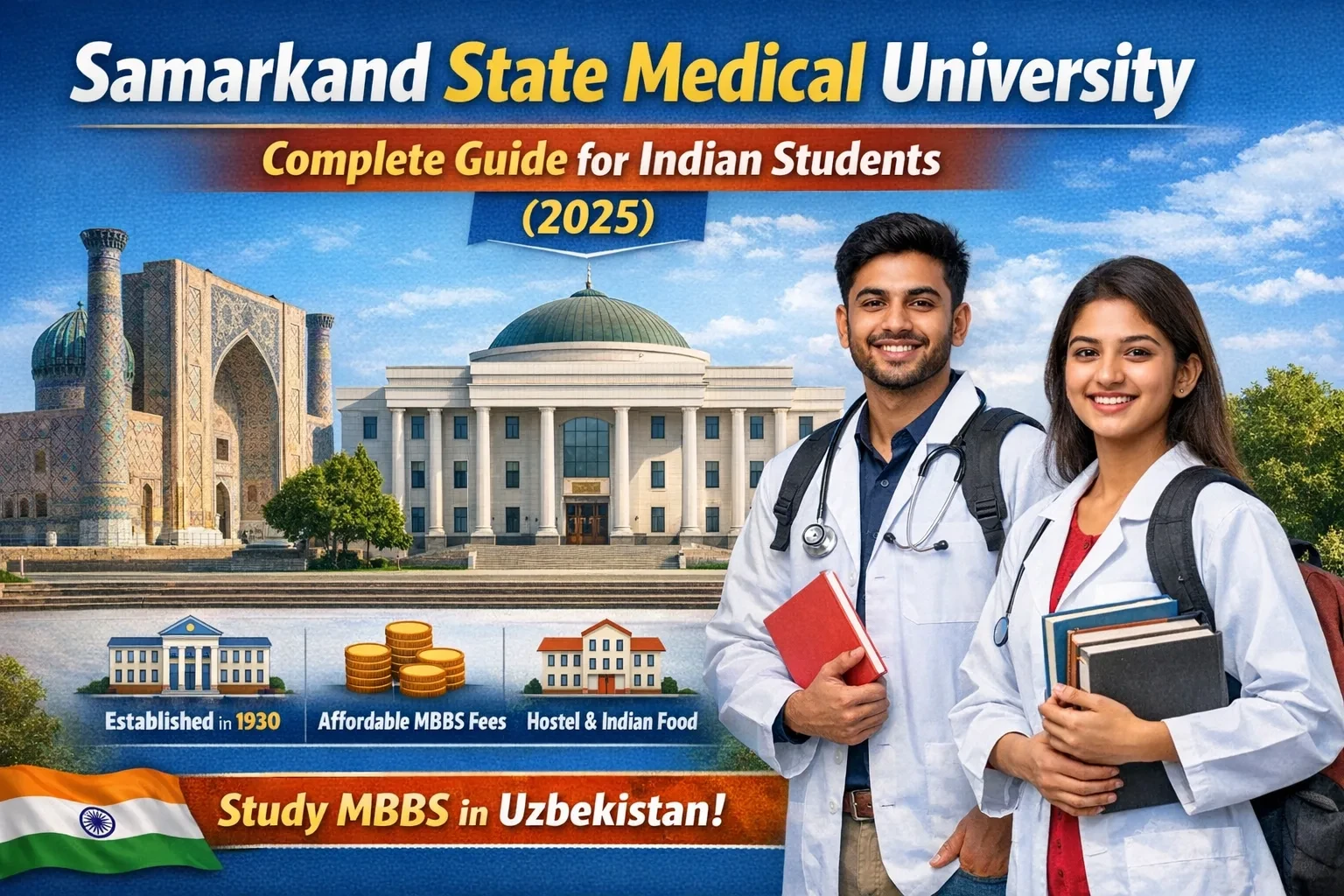Studying MBBS in Russia is one of the best options for Indian students looking for quality medical education at an affordable cost. Russia is home to some of the best MBBS universities that offer world-class education, modern infrastructure, and globally recognized degrees. If you are searching for the best university in Russia for MBBS, this blog will guide you through the top universities in Russia for MBBS and their key details.
Why Choose MBBS in Russia?
✔️ Affordable Fees: Compared to private medical colleges in India, Russian universities offer high-quality education at a lower cost.
✔️ Globally Recognized Degrees: MBBS degrees from Russian universities are recognized by NMC, WHO, UNESCO, FAIMER, and ECFMG.
✔️ English-Medium Courses: Many Russian universities provide MBBS programs in English, making it easier for international students.
✔️ Advanced Infrastructure & Clinical Exposure: Russian medical colleges are equipped with modern labs and hospitals for real-world training.
✔️ High FMGE Passing Rate: Many Russian universities offer FMGE/NExT coaching, helping students clear licensing exams.
✔️ Safe & Student-Friendly Environment: Russian universities provide secure hostels, Indian food options, and a diverse student community.
1. Orenburg State Medical University
📍 Location: Orenburg, Russia
🏛️ Established: 1944

Introduction
Orenburg State Medical University (OrSMU) is one of the top medical universities in Russia, offering high-quality MBBS education at an affordable cost. Recognized by the WHO, NMC (MCI), FAIMER, and ECFMG, it attracts students from India and across the globe. The university provides a world-class curriculum, experienced faculty, modern infrastructure, and extensive clinical exposure.
Eligibility Criteria for MBBS Admission
NEET Qualification – Mandatory for Indian students.
Academic Requirement – 50% in PCB (Physics, Chemistry, Biology) for General category; 40% for SC/ST/OBC.
Age Limit – Must be 17 years or above as of December 31 of the admission year.
Valid Passport – A valid passport is required for admission.
Admission Process at Orenburg State Medical University
Apply Online – Submit the application form with necessary documents.
Receive Invitation Letter – Issued after verification of documents.
Pay the Fees – Secure your seat by paying the admission fees.
Apply for Visa – Get a student visa from the Russian embassy.
Book Your Flight – Plan your travel to Russia.
University Registration – Complete formalities and begin your MBBS journey.
Hostel & Accommodation
Separate hostels for boys and girls with 24/7 security.
Indian food available in the mess.
Fully furnished rooms with heating and Wi-Fi.
Common kitchen, study rooms, and sports facilities.
Campus & Facilities
Modern classrooms with digital learning tools.
Well-equipped laboratories for practical training.
Medical library with thousands of books and journals.
Affiliated hospitals for clinical rotations.
Sports & cultural activities for overall development.
Internship & Career Opportunities
After completing MBBS from Orenburg State Medical University, students can:
✔ Appear for FMGE (MCI Screening Test) to practice in India.
✔ Apply for USMLE, PLAB, or other licensing exams for the USA, UK, Canada, etc.
✔ Pursue PG (MD/MS) in Russia, India, or other countries.
✔ Work in government and private hospitals worldwide.
📌 Want to know more? Watch this video for full details:
👉 Orenburg State Medical University
2. Orel State Medical University
📍 Location: Orel, Russia
🏛️ Established: 1931

Introduction
Orel State Medical University (OrSMU) is one of the leading medical universities in Russia, offering high-quality MBBS education at an affordable cost. Recognized by WHO, NMC (MCI), FAIMER, and ECFMG, the university attracts students from India and around the world. With a modern curriculum, experienced faculty, advanced medical training, and excellent infrastructure, OrSMU is a top choice for Indian students looking to study MBBS abroad.
Eligibility Criteria for MBBS Admission at OrSMU
NEET Qualification – Mandatory for Indian students.
Academic Requirement – 50% in PCB (Physics, Chemistry, Biology) for General category; 40% for SC/ST/OBC.
Age Requirement – Minimum 17 years as of December 31 of the admission year.
Valid Passport – Required for admission & visa application.
Admission Process at Orel State Medical University
✔ Step 1: Fill out the online application form.
✔ Step 2: Submit required documents (10th & 12th mark sheets, passport, NEET score).
✔ Step 3: Receive admission letter from the university.
✔ Step 4: Pay the admission fees.
✔ Step 5: Apply for a student visa from the Russian embassy.
✔ Step 6: Fly to Russia and begin your MBBS journey!
Hostel & Accommodation
🏡 Separate hostels for boys & girls with 24/7 security.
🍽 Indian mess available (veg & non-veg).
📶 Free Wi-Fi, heating system, and furnished rooms.
🛏 2-3 students per room with attached bathroom.
🎯 Common study halls, kitchens, and gym facilities.
Campus & Facilities
🏥 Modern classrooms with smart learning tools.
🔬 Well-equipped laboratories for practical training.
📚 Medical library with thousands of books & research journals.
🏟 Sports, cultural & extracurricular activities for student development.
Internship & Career Opportunities
After completing MBBS from Orel State Medical University, students can:
✔ Appear for FMGE/NExT Exam to practice in India.
✔ Pursue PG (MD/MS) in Russia, India, USA, UK, or other countries.
✔ Apply for USMLE, PLAB, AMC, or other licensing exams.
✔ Work in top hospitals & healthcare institutions worldwide.
📌 Want to know more? Watch this video for full details:
👉 Orel State Medical University
3. Tver State Medical University
📍 Location: Tver, Russia
🏛️ Established: 1936

Introduction
Tver State Medical University (TSMU) is one of the oldest and most prestigious medical universities in Russia, offering world-class medical education to international students. Recognized by WHO, NMC (MCI), ECFMG, and FAIMER, the university provides an excellent opportunity for Indian students to pursue an affordable MBBS degree in Russia. With modern infrastructure, highly experienced faculty, and advanced medical training, TSMU is a top choice for aspiring doctors worldwide.
Eligibility Criteria for MBBS Admission at TSMU
NEET Qualification – Required for Indian students.
Academic Requirement – Minimum 50% in PCB (Physics, Chemistry, Biology) (40% for SC/ST/OBC).
Age Requirement – Minimum 17 years as of December 31 of the admission year.
Valid Passport – Required for visa application.
Admission Process for Tver State Medical University
✔ Step 1: Fill out the online application form.
✔ Step 2: Submit 10th & 12th mark sheets, passport, and NEET score.
✔ Step 3: Receive admission letter from the university.
✔ Step 4: Pay the initial admission fee.
✔ Step 5: Apply for a Russian student visa.
✔ Step 6: Travel to Russia and begin your MBBS journey!
Hostel & Accommodation at TSMU
🏡 Separate hostels for boys & girls with 24/7 security.
🍽 Indian mess available (veg & non-veg food).
📶 Free Wi-Fi, heating system, and furnished rooms.
🛏 2-3 students per room with attached bathroom.
🎯 Common study halls, kitchens, and gym facilities.
Campus & Facilities
🏥 Smart classrooms & modern teaching methods.
🔬 State-of-the-art laboratories for practical training.
📚 Medical library with extensive study resources.
🏟 Sports, cultural, and extracurricular activities.
Internship & Career Opportunities
After completing MBBS from TSMU, students can:
✔ Appear for FMGE/NExT Exam to practice in India.
✔ Pursue PG (MD/MS) in Russia, India, USA, UK, or other countries.
✔ Apply for USMLE, PLAB, AMC, or other licensing exams.
✔ Work in top hospitals & healthcare institutions worldwide.
📌 Want to know more? Watch this video for full details:
👉 Tver State Medical University
4. Ulyanovsk State Medical University
📍 Location: Ulyanovsk, Russia
🏛️ Established: 1988

Introduction
Ulyanovsk State Medical University (USMU) is one of the top medical universities in Russia, offering an excellent MBBS program for international students. Established in 1988, the university provides high-quality medical education at an affordable cost. Recognized by WHO, NMC (formerly MCI), FAIMER, and ECFMG, USMU is an ideal destination for Indian students looking to pursue MBBS in Russia.
Eligibility Criteria for Admission
- NEET Qualification – Required for Indian students.
- Academic Requirement – Minimum 50% in PCB (Physics, Chemistry, Biology) (40% for SC/ST/OBC).
- Age Requirement – Minimum 17 years as of December 31 of the admission year.
- Valid Passport – Needed for visa application.
Admission Process for Ulyanovsk State Medical University
✔ Step 1: Fill out the online application form.
✔ Step 2: Submit 10th & 12th mark sheets, passport, and NEET score.
✔ Step 3: Receive admission letter from the university.
✔ Step 4: Pay the initial admission fee.
✔ Step 5: Apply for a Russian student visa.
✔ Step 6: Fly to Russia and begin your MBBS journey!
Hostel & Accommodation at Ulyanovsk State Medical University
🏡 Separate hostels for boys & girls with 24/7 security.
🍽 Indian mess available (veg & non-veg food).
📶 Free Wi-Fi, heating system, and furnished rooms.
🛏 2-3 students per room with attached bathroom.
🎯 Common study halls, kitchens, and gym facilities.
Campus & Facilities
🏥 Smart classrooms & modern teaching methods.
🔬 Well-equipped laboratories for practical training.
📚 Medical library with extensive study resources.
🏟 Sports, cultural, and extracurricular activities.
Internship & Career Opportunities
After completing MBBS from Ulyanovsk State Medical University, students can:
✔ Appear for FMGE/NExT Exam to practice in India.
✔ Pursue PG (MD/MS) in Russia, India, USA, UK, or other countries.
✔ Apply for USMLE, PLAB, AMC, or other licensing exams.
✔ Work in top hospitals & healthcare institutions worldwide.
📌 Want to know more? Watch this video for full details:
👉 Ulyanovsk State Medical University
5. Kazan State Medical University
📍 Location: Kazan, Russia
🏛️ Established: 1814

Introduction
Kazan State Medical University (KSMU) is one of the top medical universities in Russia, offering world-class medical education for international students. Established in 1814, KSMU is a government university recognized by WHO, NMC (MCI), FAIMER, ECFMG, and the Ministry of Education of Russia. With modern infrastructure, highly qualified faculty, and extensive clinical training, KSMU is a preferred choice for Indian students aspiring to study MBBS abroad.
Eligibility Criteria for Admission
- NEET Qualification – Required for Indian students.
- Academic Requirement – Minimum 50% in PCB (Physics, Chemistry, Biology) (40% for SC/ST/OBC).
- Age Requirement – Minimum 17 years as of December 31 of the admission year.
- Valid Passport – Needed for visa application.
Admission Process for Kazan State Medical University
✔ Step 1: Fill out the online application form.
✔ Step 2: Submit 10th & 12th mark sheets, passport, and NEET score.
✔ Step 3: Receive admission letter from the university.
✔ Step 4: Pay the initial admission fee.
✔ Step 5: Apply for a Russian student visa.
✔ Step 6: Fly to Russia and begin your MBBS journey!
Hostel & Accommodation at Kazan State Medical University
🏡 Separate hostels for boys & girls with 24/7 security.
🍽 Indian mess available (veg & non-veg food).
📶 Free Wi-Fi, heating system, and fully furnished rooms.
🛏 2-3 students per room with attached bathroom.
🎯 Common study halls, kitchens, gym, and recreational facilities.
Campus & Facilities
🏥 Smart classrooms & modern teaching methods.
🔬 Advanced medical laboratories for practical training.
📚 Medical library with digital resources.
🏟 Sports, cultural, and extracurricular activities.
Internship & Career Opportunities
After completing MBBS from Kazan State Medical University, students can:
✔ Appear for FMGE/NExT Exam to practice in India.
✔ Pursue PG (MD/MS) in Russia, India, USA, UK, or other countries.
✔ Apply for USMLE, PLAB, AMC, or other licensing exams.
✔ Work in top hospitals & healthcare institutions worldwide.
📌 Want to know more? Watch this video for full details:
👉 Kazan State Medical University
6. North-Western State Medical University
📍 Location: St. Petersburg, Russia
🏛️ Established: 2011
Introduction
North-Western State Medical University named after I.I. Mechnikov (NWSMU) is one of Russia's leading medical universities, offering high-quality MBBS education for international students. Established in 2011 after the merger of Saint Petersburg Medical Academy and North-Western State Medical University, it is recognized by WHO, NMC (MCI), ECFMG, FAIMER, and the Ministry of Health of Russia.
With its affordable fees, world-class faculty, and advanced medical infrastructure, NWSMU is a top choice for Indian students looking to study MBBS abroad.
Eligibility Criteria for Admission
- NEET Qualification – Mandatory for Indian students.
- Academic Requirement – Minimum 50% in PCB (Physics, Chemistry, Biology) (40% for SC/ST/OBC).
- Age Requirement – Minimum 17 years as of December 31 of the admission year.
- Valid Passport – Required for visa application.
Admission Process for North-Western State Medical University
✔ Step 1: Fill out the online application form.
✔ Step 2: Submit 10th & 12th mark sheets, passport, and NEET score.
✔ Step 3: Receive admission letter from the university.
✔ Step 4: Pay the initial admission fee.
✔ Step 5: Apply for a Russian student visa.
✔ Step 6: Fly to Russia and begin your MBBS journey!
Hostel & Accommodation at North-Western State Medical University
🏡 Separate hostels for boys & girls with 24/7 security.
🍽 Indian mess available (veg & non-veg food).
📶 Free Wi-Fi, heating system, and fully furnished rooms.
🛏 2-3 students per room with attached bathroom.
🎯 Common study halls, kitchens, gym, and recreational facilities.
Campus & Facilities
🏥 Modern classrooms & practical training centers.
🔬 Advanced medical laboratories for research & development.
📚 Medical library with a vast collection of books & digital resources.
🏟 Sports, cultural, and extracurricular activities.
Internship & Career Opportunities
After completing MBBS from North-Western State Medical University, students can:
✔ Appear for FMGE/NExT Exam to practice in India.
✔ Pursue PG (MD/MS) in Russia, India, USA, UK, or other countries.
✔ Apply for USMLE, PLAB, AMC, or other licensing exams.
✔ Work in top hospitals & healthcare institutions worldwide.
7. Perm State Medical University
📍 Location: Perm, Russia
🏛️ Established: 1916
Introduction
Perm State Medical University (PSMU) is one of Russia’s top medical universities, offering high-quality MBBS education to international students. Established in 1916, it is one of the oldest and most prestigious medical institutions in Russia. The university is recognized by WHO, NMC (MCI), ECFMG, FAIMER, and the Ministry of Health of Russia, making it a preferred choice for Indian students to study MBBS abroad.
With affordable tuition fees, world-class faculty, modern infrastructure, and excellent clinical training, Perm State Medical University ranks among the best MBBS universities in Russia.
Eligibility Criteria for Admission
- NEET Qualification – Mandatory for Indian students.
- Academic Requirement – Minimum 50% in PCB (Physics, Chemistry, Biology) (40% for SC/ST/OBC).
- Age Requirement – Minimum 17 years as of December 31 of the admission year.
- Valid Passport – Required for visa application.
Admission Process for Perm State Medical University
✔ Step 1: Fill out the online application form.
✔ Step 2: Submit 10th & 12th mark sheets, passport, and NEET score.
✔ Step 3: Receive admission letter from the university.
✔ Step 4: Pay the initial admission fee.
✔ Step 5: Apply for a Russian student visa.
✔ Step 6: Fly to Russia and begin your MBBS journey!
Hostel & Accommodation at Perm State Medical University
🏡 Separate hostels for boys & girls with 24/7 security.
🍽 Indian mess available (veg & non-veg food).
📶 Free Wi-Fi, heating system, and fully furnished rooms.
🛏 2-3 students per room with attached bathroom.
🎯 Common study halls, kitchens, gym, and recreational facilities.
Campus & Facilities
🏥 Modern classrooms & practical training centers.
🔬 Advanced medical laboratories for research & development.
📚 Medical library with a vast collection of books & digital resources.
🏟 Sports, cultural, and extracurricular activities.
Internship & Career Opportunities
After completing MBBS from Perm State Medical University, students can:
✔ Appear for FMGE/NExT Exam to practice in India.
✔ Pursue PG (MD/MS) in Russia, India, USA, UK, or other countries.
✔ Apply for USMLE, PLAB, AMC, or other licensing exams.
✔ Work in top hospitals & healthcare institutions worldwide.
8. Syktyvkar State University
📍 Location: Syktyvkar, Russia
🏛️ Established: 1972
Introduction
Syktyvkar State University (SSU), located in the Republic of Komi, Russia, is an esteemed institution that offers a world-class MBBS program for international students. Founded in 1972, SSU has built a strong reputation for providing high-quality medical education. The university is recognized by the Medical Council of India (MCI) and the World Health Organization (WHO), making it a popular choice for Indian students looking to pursue their medical career abroad.
With affordable tuition fees, a focus on practical training, and a curriculum that meets global standards, Syktyvkar State University stands out as one of the best MBBS universities in Russia for international students.
Eligibility Criteria for MBBS Admission in Syktyvkar State University
- Minimum Age: 17 years on or before 31st December of the year of admission.
- Educational Requirements: 50% in Physics, Chemistry, and Biology in 10+2 for general category students (40% for SC/ST/OBC).
- NEET Qualification: Indian students must have a valid NEET score to be eligible for admission.
- Passport: Required for obtaining a student visa.
Accommodation and Hostel Facilities
- Separate Hostels for Boys and Girls with 24/7 security.
- Fully furnished rooms with basic amenities like heating, air conditioning, and Wi-Fi.
- Indian food options are available in the hostel, and students can also use kitchen facilities for cooking.
- Common study rooms, recreational facilities, and a 24/7 cafeteria are available to students.
Admission Process
- Application: Submit your application form online along with the required documents (10th & 12th Mark Sheets, Passport, NEET scorecard).
- Acceptance Letter: After reviewing your application, SSU will send an admission letter.
- Visa Application: Apply for a student visa to study in Russia.
- Fee Payment: Pay the tuition and hostel fees as per the university’s instructions.
- Arrival in Russia: After receiving the visa, travel to Russia and complete the registration process with the university.
Campus and Facilities
- Modern Classrooms equipped with smart boards and digital learning tools.
- Medical Labs for practical experiments and hands-on training.
- Library with a large collection of medical textbooks and journals.
- Sports Facilities and a gym for recreational and physical activities.
Internship & Career Opportunities
After completing MBBS at Syktyvkar State University, students have several options:
- FMGE/NExT: Appear for the FMGE (Foreign Medical Graduate Examination) or NExT exam to practice in India.
- Further Studies: Pursue Postgraduate programs (MD/MS) in Russia or other countries like the USA, UK, or India.
- Global Opportunities: USMLE, PLAB, AMC exams open opportunities to work in hospitals worldwide.
📌 Want to know more? Watch this video for full details:
👉 Syktyvkar State University
9. Bashkir State Medical University
📍 Location: Ufa, Russia
🏛️ Established: 1932
Introduction
Bashkir State Medical University (BSMU), located in Ufa, the capital city of the Republic of Bashkortostan, Russia, is one of the oldest and most prestigious institutions in the country. Founded in 1932, BSMU has consistently provided high-quality medical education to students from all over the world, including a significant number of Indian students. The university is known for its strong academic curriculum, affordable fees, and excellent clinical training.
BSMU offers a comprehensive MBBS program that prepares students for a successful career in medicine. The university is recognized by the Medical Council of India (MCI), World Health Organization (WHO), and several other medical boards, ensuring that the degree holds global recognition.
Eligibility Criteria for MBBS Admission at Bashkir State Medical University
- Minimum Age: The candidate must be at least 17 years old by the 31st December of the admission year.
- Educational Qualification: Candidates must have completed 12th grade with 50% marks in Physics, Chemistry, and Biology (40% for SC/ST/OBC category students).
- NEET Qualification: Indian students must have cleared the NEET UG exam to be eligible for admission to Bashkir State Medical University.
- Language Proficiency: No IELTS/TOEFL is required for admission. However, candidates must have a basic knowledge of English.
Hostel and Accommodation Facilities
- Separate Hostels for male and female students are available on campus.
- The hostels are equipped with basic amenities, such as 24/7 security, Wi-Fi, furniture, and heating systems.
- The hostels provide Indian food options and cooking facilities for students.
- Recreational areas and study rooms are available for students.
- The hostel rooms are shared, offering an opportunity for international students to bond and make new friends.
Admission Process
- Application Submission: Students must submit an online application with their academic transcripts, NEET scorecard, passport, and other documents.
- Admission Confirmation: After the application is reviewed, students will receive an admission letter from BSMU.
- Visa Process: Students must apply for a student visa to study in Russia.
- Fee Payment: Upon receiving the visa, students need to make the payment for the tuition fees and hostel fees.
- Travel to Russia: Once the visa is issued, students can make travel arrangements and arrive in Russia to join the university.
10. Kazan Federal University
📍 Location: Kazan, Russia
🏛️ Established: 1804
Introduction
Kazan Federal University (KFU), located in Kazan, the capital of the Republic of Tatarstan, Russia, is one of the oldest and most prestigious universities in the country. Founded in 1804, Kazan Federal University has gained international recognition for its outstanding medical programs, making it a popular destination for students worldwide, including Indian students. The university offers a comprehensive MBBS program with world-class faculty, cutting-edge medical facilities, and an international student-friendly environment.
KFU is well-known for its excellent teaching standards, research capabilities, and contribution to healthcare innovation. It is recognized by the World Health Organization (WHO) and the Medical Council of India (MCI), allowing graduates to practice medicine globally after meeting the licensing requirements.
Eligibility Criteria for MBBS Admission at Kazan Federal University
To apply for the MBBS program at Kazan Federal University, candidates must meet the following criteria:
- Minimum Age: The candidate should be at least 17 years old by 31st December of the admission year.
- Educational Qualification: Candidates must have completed their 12th grade with 50% marks in Physics, Chemistry, and Biology. (For SC/ST/OBC category students, the minimum percentage is 40%.)
- NEET Requirement: Indian students must have cleared the NEET UG exam to be eligible for admission to Kazan Federal University.
- English Proficiency: No TOEFL/IELTS score is required, as the course is taught in English.
Accommodation and Hostel Facilities
- Kazan Federal University provides comfortable and affordable hostel accommodation for international students.
- The hostels are equipped with 24/7 security, Wi-Fi, furnished rooms, and recreational facilities.
- There are separate hostels for male and female students, and the rooms are shared, allowing students to interact with peers from different cultural backgrounds.
- Indian food options are available in the hostels to cater to the dietary preferences of international students.
Admission Process
- Application Submission: Students must submit their application with required documents, including academic transcripts, NEET scorecard, passport, and other documents.
- Admission Letter: After reviewing the application, the university will issue an admission letter.
- Visa Process: Students need to apply for a student visa at the nearest Russian embassy.
- Fee Payment: After receiving the visa, students must pay the required tuition fees and hostel fees.
- Travel to Russia: Once the visa is issued, students can book their tickets and travel to Kazan, Russia.
📌 Want to know more? Watch this video for full details:
👉 Kazan Federal University
Why Choose These Universities for MBBS in Russia?
🏥 Modern Medical Training: These universities offer practical-based learning with training in advanced hospitals.
🎓 High FMGE Success Rate: Many students from these universities clear FMGE/NExT in their first attempt.
💰 Affordable Fees: MBBS in Russia is cheaper than Indian private medical colleges.
🍛 Indian Mess & Hostel Facilities: Most universities provide Indian food and separate hostels for boys and girls.
🌍 Globally Recognized Degrees: Graduates can practice medicine worldwide, including India, the USA, and the UK.
Final Thoughts
Russia is one of the best destinations for Indian students pursuing MBBS abroad. The top universities in Russia for MBBS provide excellent education, infrastructure, and clinical exposure. If you are looking for an affordable and high-quality medical education, Russia should be your first choice!
✅ For admission details, fees, and eligibility, visit our website.
📌 Stay connected for more updates on MBBS abroad! 🚀

Ensure TV
 About Us
About Us
 Insights & Awareness
Insights & Awareness





